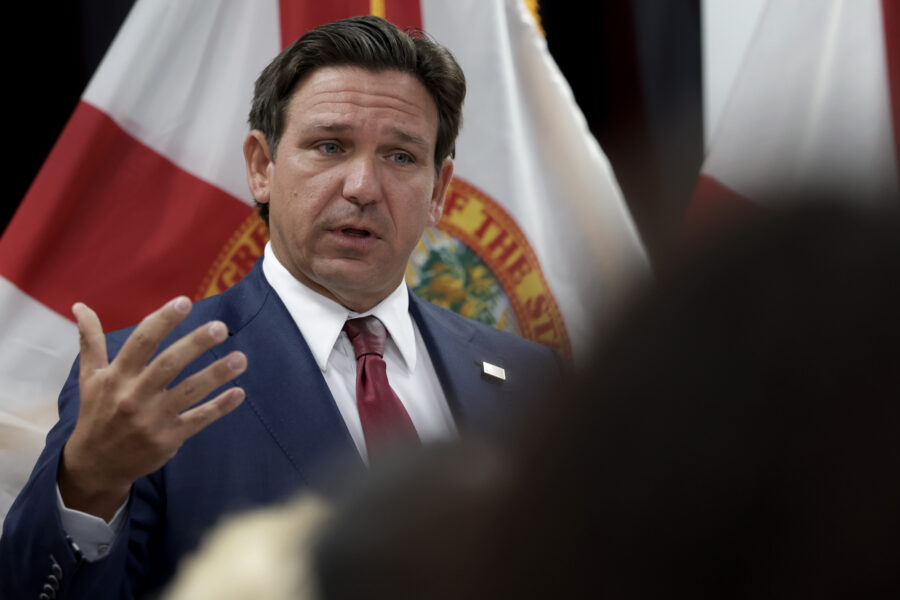In the fog of war, the true nature of a conflict can be obscured.
This is true in the current political debate on the economic recovery package. Whatever the perceived wisdom the struggle, at its core, is between those who profit from a repetitive stimulus and those who see a greater and longer lasting benefit from a transformative stimulus.
A repetitive stimulus uses federal dollars to create jobs and to otherwise jumpstart a stalled economy.
A transformative stimulus achieves those same objectives, but it walks and chews gum at the same time. It creates jobs, jumpstarts the economy and transforms the economy in ways that are healthy, sustainable and equitable.
As a metaphor, think of a middle-aged guy who eats too much of the wrong food and doesn’t exercise. We’d like to keep this fellow alive (he has a family after all), and so he is prescribed Lipitor. He also receives a stern lecture from his physician about a proper diet and the benefits of exercise. Believing in the miracle of meds, he takes the former and ignores the latter.
This is, in essence, a repetitive stimulus.
It keeps the patient alive since we know that meds (fiscal stimulus) work to avoid worst case scenarios. But unless a genuine transformation occurs, this middle-aged guy will not remain healthy for long. Moreover, in this or any other health care system, he will require treatment, expensive treatment, and would likely become a significant burden on his family for years to come.
Repetition of past behavior can be fatal, and if he does check out early, he will become what the Germans call a zechpreller: one who leaves without paying the bill.
Think about what this zechpreller approach means to future generations.
While a trillion dollar stimulus package is probably a necessity for today, it will become a debt that future generations will spend the rest of their lives paying off without having seen any long-term benefits from this approach. The patient repeats unhealthy behavior. The economy regains its footing, but retains the same pathological addiction to oil that precipitated the crisis.
To put salt in the wound, by the time the bill for the current economic addiction comes due, most of us will be in heaven or, since we left without paying the bill, perhaps a far warmer place.
There is a better way to approach the stimulus, and it’s represented in the transformative approach emanating from the Obama administration.
Again, this transformative approach to stimulus provides for job creation and retention, and it will reactivate the economy in the short term. But it recognizes there is more than one way to do so, and it chooses to treat the core affliction of our modern economy’s overreliance on carbon fuels—that those fuels are costly, our dependence on them threatens our national security, and their use wreaks havoc on the global environment and human health.
Polls show that Americans overwhelmingly support a transformative approach, especially when it comes to investments in creating a new energy economy. They understand the basics and expect Congress to deliver in the following ways:
- Significantly increased investment in energy efficiency and renewable energy production.
- Construction of a smart grid that connects renewable energy sources to energy markets.
- Priority funding for “fix it first” transportation infrastructure and increased support for mass transit.
- Enactment of other related policies and programs that provide for transparency and accountability in project spending.
- Assurance of a shared responsibility between donor and recipient such that states and localities work in partnership with the federal government, as well as the private and non-profit sectors
The battle in Congress isn’t really about whether one or another approach creates jobs and stimulates the economy. Mostly, arguments about that issue are more tactical than real.
No, the real battle is between funding a repetitive stimulus and funding a transformative stimulus. It’s a battle between those who would profit from a replication of the status quo, and those who are confident that a genuine transformation in the U.S. economy will be better for current and future generations.
Those of us with influence owe it to future generations and ourselves to understand the true nature of this conflict and to advocate for transformation rather than repetition.
After all, I don’t want to be a zechpreller—do you?
About This Story
Perhaps you noticed: This story, like all the news we publish, is free to read. That’s because Inside Climate News is a 501c3 nonprofit organization. We do not charge a subscription fee, lock our news behind a paywall, or clutter our website with ads. We make our news on climate and the environment freely available to you and anyone who wants it.
That’s not all. We also share our news for free with scores of other media organizations around the country. Many of them can’t afford to do environmental journalism of their own. We’ve built bureaus from coast to coast to report local stories, collaborate with local newsrooms and co-publish articles so that this vital work is shared as widely as possible.
Two of us launched ICN in 2007. Six years later we earned a Pulitzer Prize for National Reporting, and now we run the oldest and largest dedicated climate newsroom in the nation. We tell the story in all its complexity. We hold polluters accountable. We expose environmental injustice. We debunk misinformation. We scrutinize solutions and inspire action.
Donations from readers like you fund every aspect of what we do. If you don’t already, will you support our ongoing work, our reporting on the biggest crisis facing our planet, and help us reach even more readers in more places?
Please take a moment to make a tax-deductible donation. Every one of them makes a difference.
Thank you,












